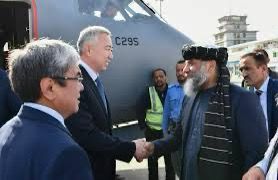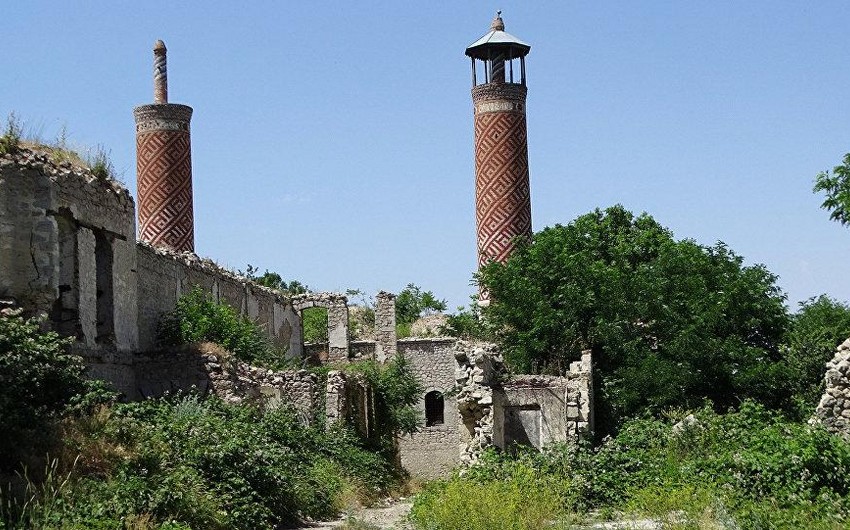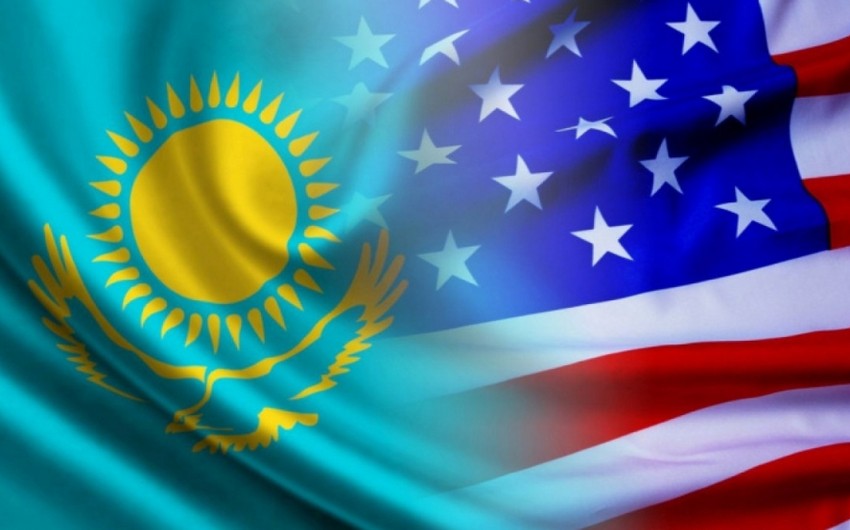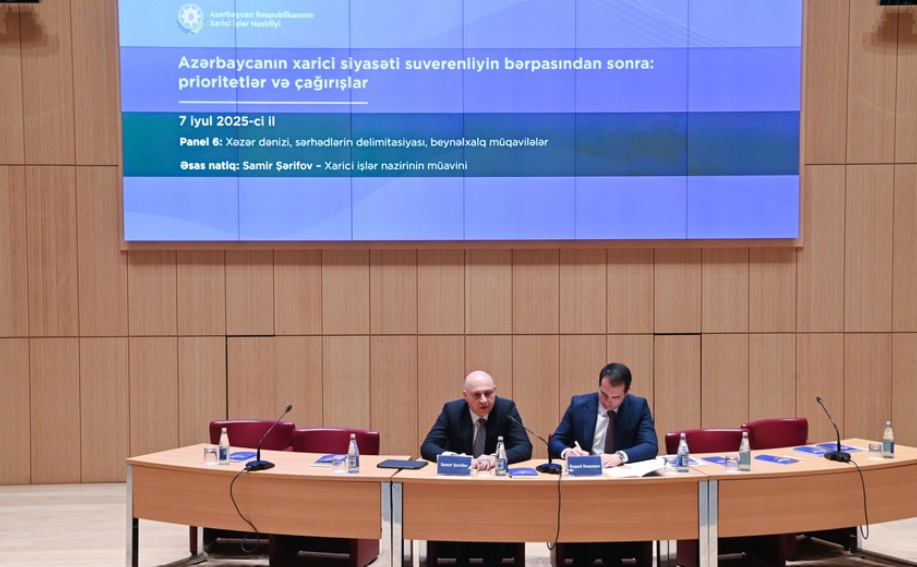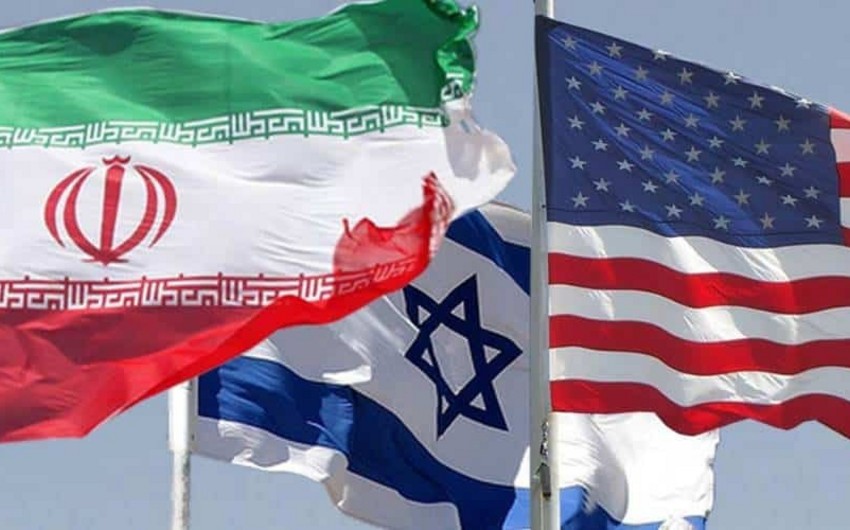The program’s official inauguration took place on March 6 in Pul-i-Alam, the administrative center of Logar Province. The initiative is supported by Kazakhstan, Türkiye, the Conference on Interaction and Confidence-Building Measures in Asia and the Turkish Cooperation and Coordination Agency.
The aid included 15 tons of wheat seeds of the Lalmi and Amir varieties, distributed among 300 farmers from the Baraki-Barak, Mohammad Agha, and Pul Alam districts. Additionally, 15 tons of fertilizers and 30 tons of urea were provided to improve soil fertility.The Governor of Logar Province expressed gratitude for this support, emphasizing the urgent need for wheat seeds and other crops, such as beans and lentils, among Afghan farmers.He also called for continued humanitarian assistance, particularly in the provision of wheat seeds, improved irrigation systems, and agricultural equipment to enhance Afghanistan’s agricultural sector.
On March 6, a significant step in regional cooperation and humanitarian support was marked with the official inauguration of an agricultural aid program in Pul Alam, the administrative center of Logar Province in eastern Afghanistan. The initiative, aimed at strengthening the livelihoods of Afghan farmers and improving food security, is a joint effort supported by Kazakhstan, Türkiye, the Conference on Interaction and Confidence-Building Measures in Asia, and the Turkish Cooperation and Coordination Agency.
The program is part of a broader commitment by regional actors to assist Afghanistan during a period of severe humanitarian and economic challenges. With agriculture serving as a primary source of income and subsistence for a vast portion of the Afghan population, the aid targets the root causes of food insecurity by empowering farmers with the tools and resources they need to sustain and expand crop production.
As part of the initial phase of support, 15 tons of certified wheat seeds specifically the drought-resistant Lalmi and Amir varieties were distributed to 300 small-scale farmers across the Baraki-Barak, Mohammad Agha, and Pul-i-Alam districts. These seed types were selected for their adaptability to Afghanistan’s arid climate and high-altitude terrain. Alongside the seeds, 15 tons of compound fertilizer and 30 tons of urea were delivered to enhance soil fertility and improve harvest outcomes in the coming season.
During the inauguration ceremony, local officials, development partners, and community representatives gathered to witness the symbolic launch of the program. The Governor of Logar Province expressed his heartfelt appreciation to the partner nations and organizations involved, noting that the assistance arrived at a critical time when Afghan farmers are struggling with limited access to inputs, outdated farming methods, and the ongoing effects of drought and inflation.
“This support is not just a donation it is a lifeline for hundreds of families in our province,” the governor stated. “There is an urgent need for wheat seeds and other essential crops such as beans and lentils. Our farmers are eager to work, but they lack the means. This program gives them hope and opportunity.”
He also emphasized the importance of continued support beyond the initial phase. In addition to seeds and fertilizers, he called for long-term investment in Afghanistan’s rural infrastructure, particularly in the development of modern irrigation systems, access to quality farming equipment, and technical training programs for farmers. These, he stressed, are necessary for building a sustainable agricultural economy that can support the country’s recovery and long-term self-reliance.
Representatives also reiterated their commitment to assisting Afghanistan through peaceful, people-centered initiatives. They highlighted the value of regional solidarity in promoting stability and economic development across Asia. Kazakhstan, in particular, has taken an active role in supporting humanitarian causes in Afghanistan in recent years, positioning itself as a bridge between Central and South Asia.
The program stands as a testament to the power of cooperative diplomacy, where neighboring countries and regional organizations come together to address pressing challenges. It also underscores a growing recognition that humanitarian assistance must go hand-in-hand with capacity building and structural support if it is to be truly transformative.
Looking ahead, further phases of the program may include additional seed distribution campaigns, infrastructure projects to rehabilitate irrigation networks, and the introduction of climate-smart farming techniques. Such steps are seen as crucial in enabling Afghan agriculture to withstand environmental shocks and to support rural livelihoods in the face of economic uncertainty.
Madina Mammadova\\EDnews

